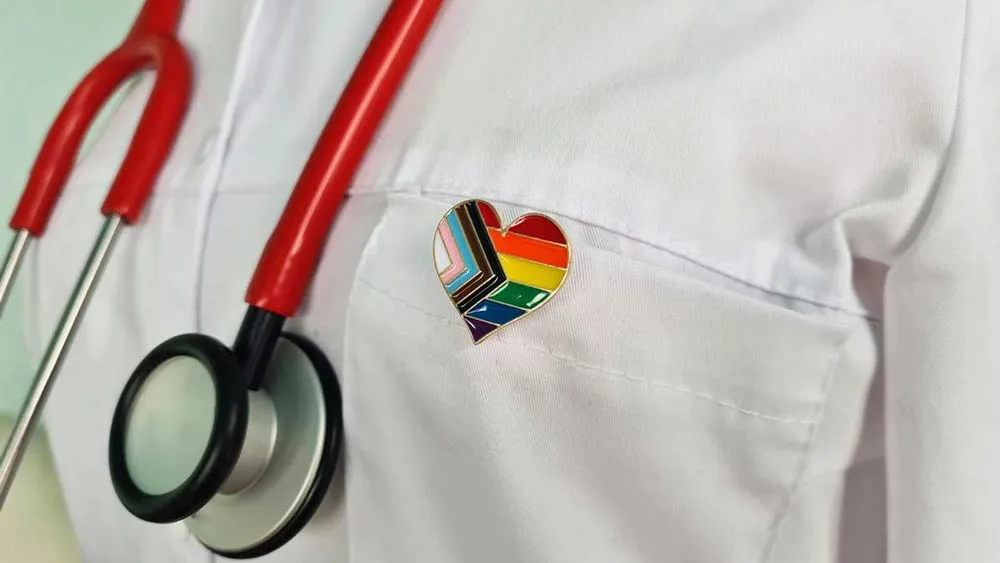July 7, 2017
HHS Will Include Sexual Orientation on National Survey of Older Americans Act Participants
READ TIME: 3 MIN.
In late June, the Administration for Community Living (ACL) of the U.S. Department of Health and Human Services (HHS) announced via the Federal Register that it will include questions about sexual orientation on the National Survey of Older Americans Act Participants (NSOAAP).
The annual survey collects information from people who receive services under the Older Americans Act such as home-delivered meals as well as programs offered in senior centers. In 2014, the NSOAAP began collecting data on the sexual orientation and gender identity of program recipients. This past March, ACL announced that it would no longer ask participants about their sexual orientation and gender identity.
"The only way we can be sure that we are meeting the needs of LGBT older adults is by collecting feedback and information from them," said Sean Cahill, Director of Health Policy Research at The Fenway Institute of Fenway Health. "The Joint Commission, The Institute of Medicine, Healthy People 2020, and other regulatory bodies and government agencies have long said that the collection of information related to sexual orientation and gender identity should be routine."
More than 13,000 individuals and 89 organizations sent comments and feedback to ACL about the decision to drop questions about sexual orientation and gender identity from NSOAAP. The Federal Register noted that the "majority of the comments that ACL received expressed the need to retain demographic questions on sexual orientation/gender identity" and that, in response to the feedback, it would retain "the primary question regarding sexual orientation" but would not include a question about gender identity.
"We were proud to join SAGE, the Center for American Progress, the Human Rights Campaign and other groups in rallying health care organizations and ordinary citizens alike to share their stories about why we need to collect this information," Cahill added. "But we also need to get the question about gender identity back onto the survey. Otherwise, transgender elders will remain invisible, and their needs will go unmet."
The LGBT Aging Project at The Fenway Institute at Fenway Health has shown that one of the most important resources needed by LGBT older adults are community spaces in which they can engage with others without fear. One of the most effective ways to do this is to create meal programs where LGBT older adults can routinely come together for a nutritious meal and to reduce their isolation. Such meal programs are funded by the Older Americans Act, and decisions about programming targeted toward LGBT elders are influenced by results from the NSOAAP.
"The population of LGBT older adults is growing and the need for these programs is great," said Lisa Krinsky, Director of the LGBT Aging Project. "The aging LGBT population is more vulnerable to isolation than the general population. They're less likely to access services from local councils on aging that their heterosexual peers feel comfortable attending because they fear that they might have to closet themselves in such settings. We really need feedback from the community on these programs in order to ensure that they are meeting the needs of LGBT older adults."
HHS has opened a second period of public comment on NSOAAP. Please submit your comment to HHS about the importance of retaining the survey question about gender identity by July 24, 2017. You may submit written or electronic comments to [email protected]. Submit written comments to:
Heather Menne
U.S. Department of Health and Human Services: Administration for Community Living
Washington, DC 20201
Please tell HHS to:


